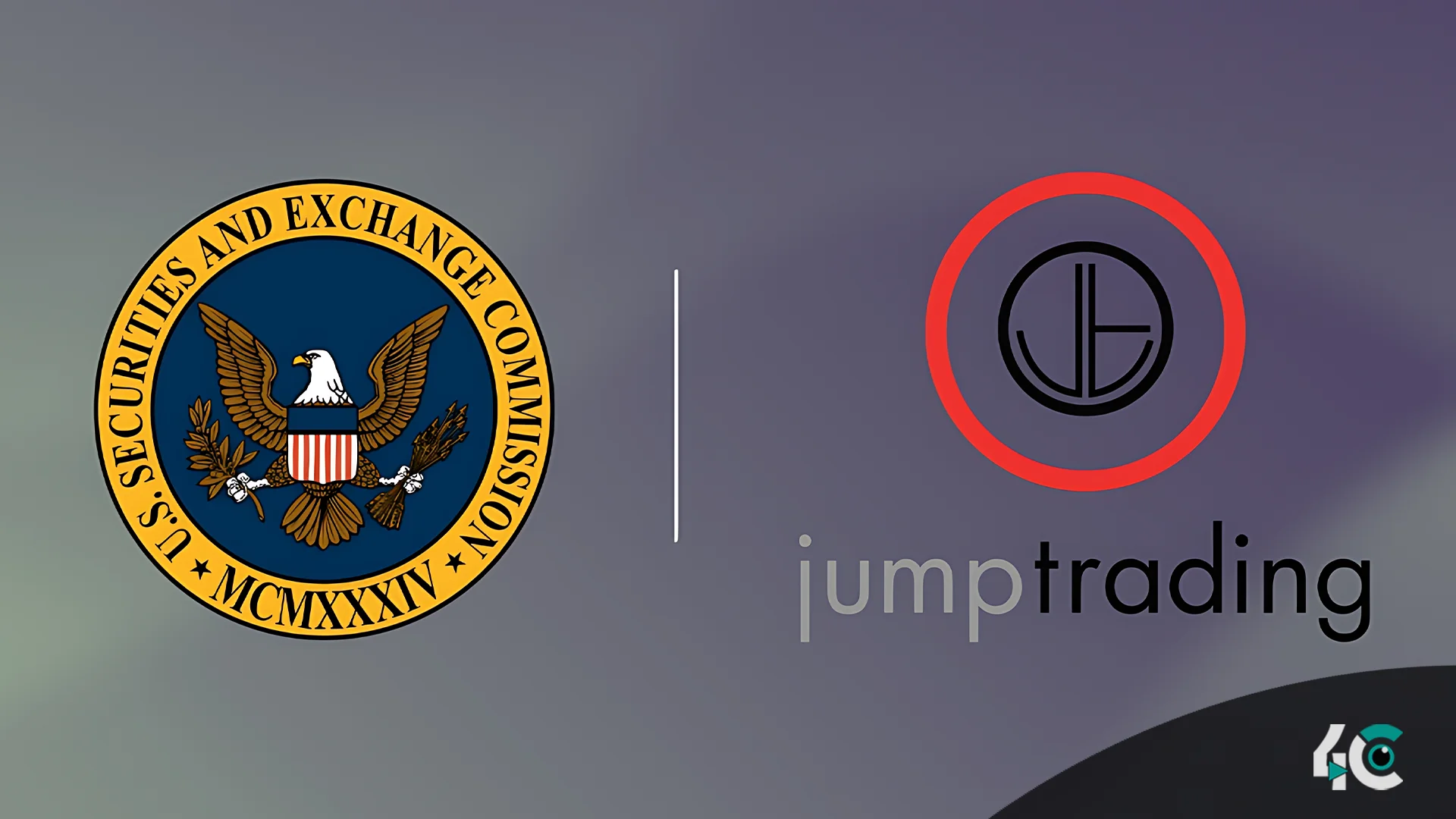Tai Mo Shan, a subsidiary of Jump Crypto, has achieved a $123 million settlement with the U.S. Securities and Exchange Commission (SEC) for allegedly misleading investors regarding the stability of TerraUSD (UST), an algorithmic stablecoin that collapsed in May 2022. The settlement underscores the SEC’s growing focus on stablecoins and their operators.
Tai Mo Shan reportedly agreed to purchase Terra LUNA at a substantial discount from Terraform Labs in 2021. In an effort that ultimately failed, the organization also allocated $20 million to preserve UST’s 1:1 currency peg. The SEC accused Tai Mo Shan of misleading the public by artificially stabilizing the stablecoin, thereby creating a false impression of its reliability.
The settlement was the subject of a comment from SEC Chair Gary Gensler, who emphasized the substantial financial injury that such practices have caused and encouraged cryptocurrency market participants to comply with securities laws and avoid deceptive tactics.
TerraUSD, which was previously the third-largest stablecoin by market capitalization, lost its dollar basis on May 8, 2022, as a result of a whale selling $285 million worth of UST. This resulted in a swift decline, with the stablecoin trading at $0.67 within a matter of days. Investors liquidated their holdings as panic spread, disclosing that LUNA, the token that underpins UST, lacked sufficient reserves to sustain its value.
In response to the collapse, which resulted in the loss of over $40 billion in investor funds and a flurry of regulatory scrutiny, lawmakers enacted the Lummis-Gillibrand Stablecoin Act, which prohibits algorithmic stablecoins in the United States.
This settlement is a component of a more extensive investigation into Terraform Labs and its creator, Do Kwon. Terraform Labs was subject to a distinct $4.4 billion settlement with the Securities and Exchange Commission. The repercussions continue to reshape the cryptocurrency landscape, emphasizing the need for transparent operations and rigorous regulatory oversight.



































